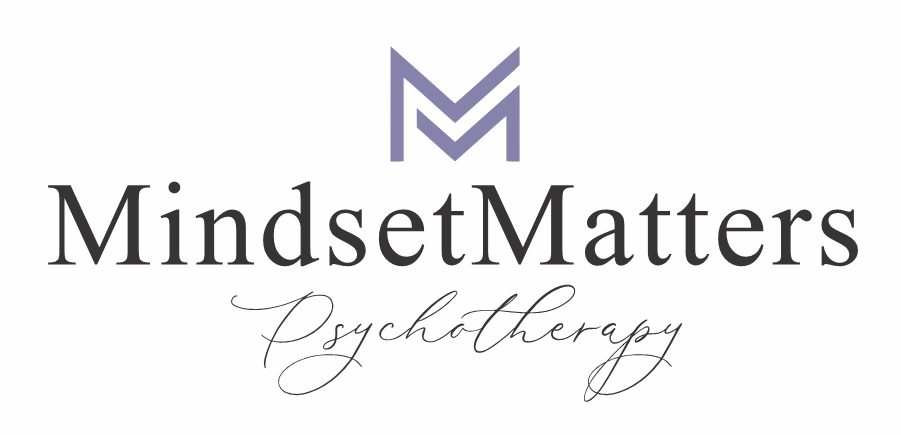A certain amount of fear is a healthy thing to possess. It functions as an early warning sign to prevent us from entering into harm’s way. Unfortunately, for some people, that alarm system gets hyper-sensitized, causing inappropriate affective (emotional) responses to non-harmful stimuli, triggering our built-in “Fight-or-Flight” response system.
This is an automatic body system that instantly pumps adrenalin and cortisol (stress hormones) into the bloodstream in order to enable a person to run, fight, or in any way defend themselves against perceived danger. Notice that the word perceived is important.
Imagine you have developed a fear of being made fun of (based, likely, on some very real occasions of this having happened in your past). You may have created such a dread of this recurring, that when you find yourself in a situation where you could be vulnerable to the jeers of others, you begin to feel hot, flushed, a little shaky, and you may experience difficulty breathing.
Your perceived sense of danger has just triggered the fight-or-flight response in your body, which in turn, is responding just as it is intended to when there is danger. There is nothing wrong with your body; it is doing what it is supposed to be doing when your mind perceives danger.
The problem lies in the fact that your mind has developed such a fear of being embarrassed, that you have temporarily overdosed your body on stress hormones (since you are not actually needing to run or fight, the hormone quantity released represents an overdose).
In situations of mild anxiety, you may not experience such a drastic reaction, but your “alert” system will be somewhat heightened, causing an increase in blood pressure to prepare you in case the “danger” escalates. The more you mull over and fret about events of the future, the more your mind is perceiving danger, and the more symptoms you may experience: tightness in the chest, shallow breathing, tense neck and shoulder muscles, etc.
Your body is behaving as it should when your mind is mulling over all things that could go “wrong” or pose danger, as with the fear of financial troubles, marital concerns, child-rearing issues.
The trouble is, that allowing your mind to remain in this state of turmoil causes your body to remain in its tensed, poised-to-fight state, causing pain and fatigue as it eventually wears you down. The body has to work much harder, because of your perpetual heightened state of alarm. Chronic headache, backache, and overall fatigue can set in, which in turn, causes more tension on the mind and body. This is what is all known as stress. Stress is a pressure that the body and mind endure, which, over time, can create compound issues, including but not limited to panic disorder, asthma, allergies, and heart and stroke risks.
Of all the websites I have come across, Dr. Reid Wilson’s site, anxieties.com, has provided the most comprehensive (free) help I have seen on overcoming extreme anxiety and panic. Free lessons are provided on this site, to teach you about anxiety, and enlighten you to strategies and techniques to overcome anxiety and stress, including Panic Disorder (panic attacks) and Obsessive-Compulsive Disorder (OCD).
To read about my own personal experience on overcoming anxiety and Panic Disorder, please see my post called Panic Stricken.
(Original post:June 18, 2010.)
